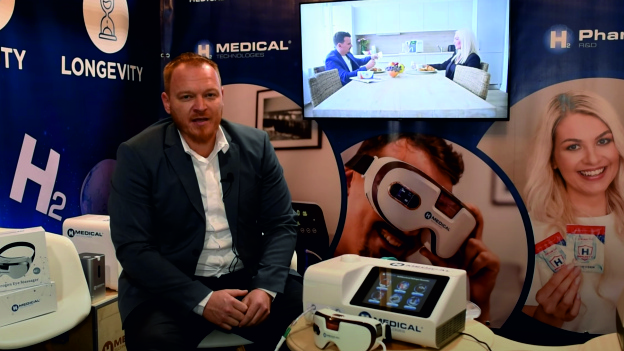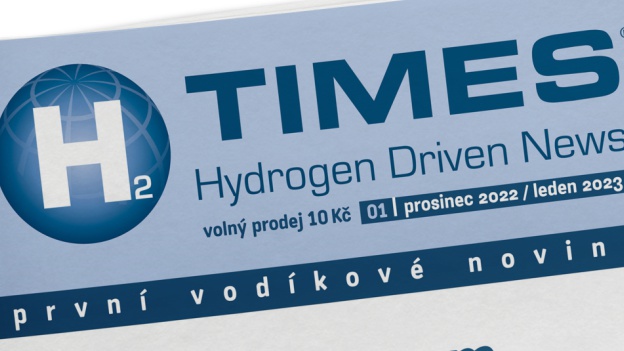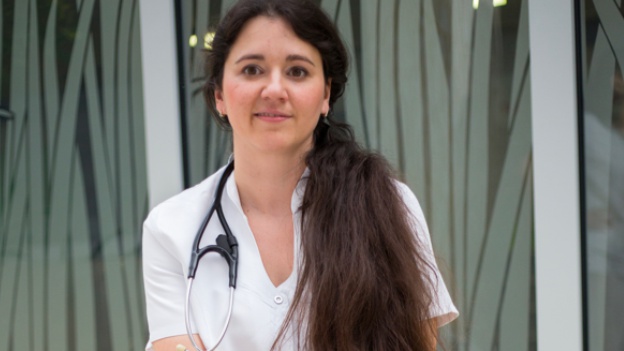Billions of natural reactions take place around us every day, some of which are fundamental to how we function. Xiangqun Zeng, a professor in the Department of Chemical and Biological Engineering and Chemistry at Missouri State University, brings a revolutionary approach to harnessing these natural phenomena for technological advancement.
Xiangqun Zeng is focused on developing next-generation sensors that simulate the functioning of the human senses. Her goal is to create a device capable of measuring molecules continuously and in real time, much like we humans do with our senses. This approach could lead to intelligent sensors with a wider range of applications.
Hydrogen transformation: clean energy and safety
Zeng is not limiting himself to theory. He seeks to apply his findings to concrete problems, such as the use of hydrogen as clean energy. While existing sensors can detect hydrogen at relatively low concentrations, Zeng is trying to develop sensors capable of detecting it at much lower levels, which is crucial for the safe production and use of hydrogen.
Monitoring greenhouse gas emissions: the key to understanding the climate
Professor Zeng's other major project is the development of equipment to continuously monitor greenhouse gas emissions from Arctic soils. This technology provides important emissions data in real time, enabling a better understanding of climate change and more informed environmental decision-making.
Innovation in healthcare: sensor devices for personalised treatment
Zeng is also applying its insights to healthcare. Her goal is to develop sensor devices that enable continuous monitoring of key biomarkers and personalised treatment. In this way, she aims to bring innovation to the field of diagnosis and therapy.
Ambitious plans for the future
Professor Zeng is determined to realise her potential and engage in collaborations with other scientists and institutions. She sees Missouri as an ideal place to develop her ideas and creativity and looks forward to the opportunity to have a greater impact in scientific research and innovation.
Supporting scientific research
Her work is supported by reputable institutions such as the National Institutes of Health and the National Science Foundation, which allows her to pursue her ambitious projects. Her achievements in research and patenting have made her one of the leading figures in the field of scientific progress.
Source - University of Missouri
photo - source - University of Missouri






























